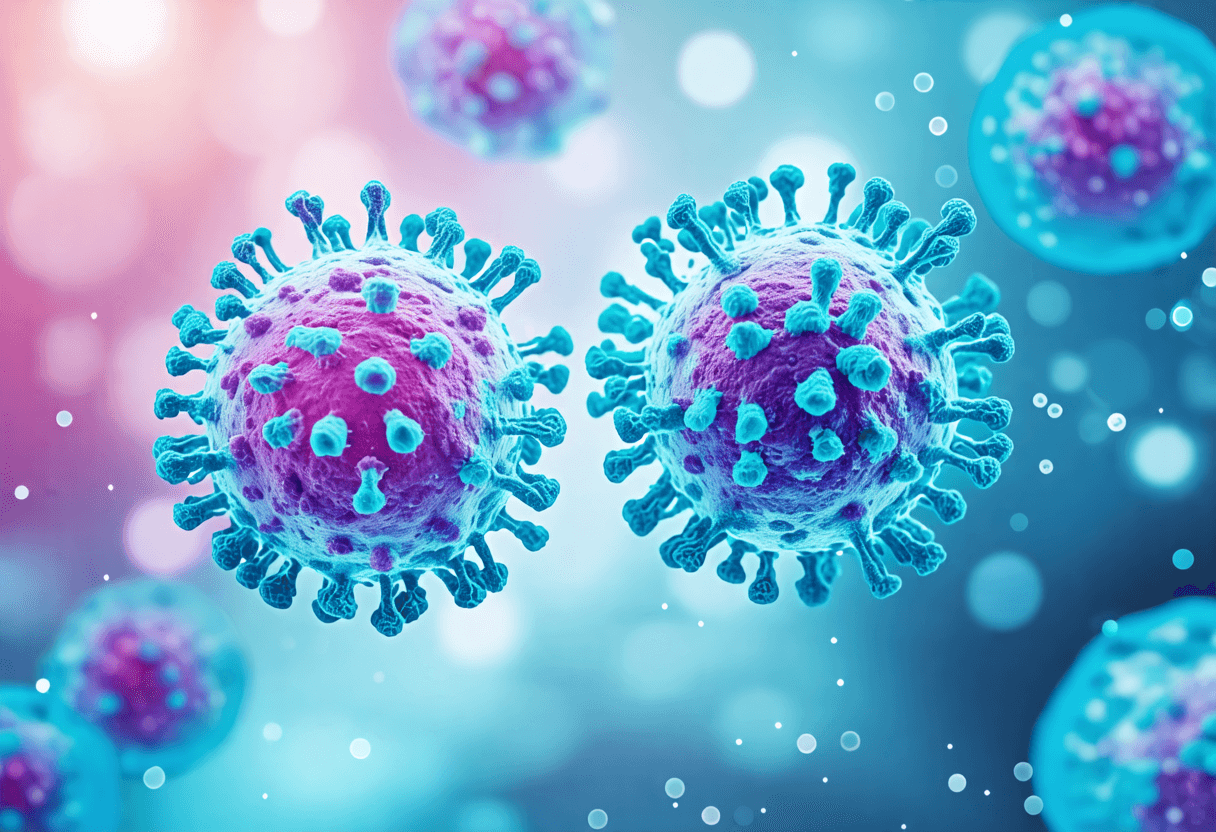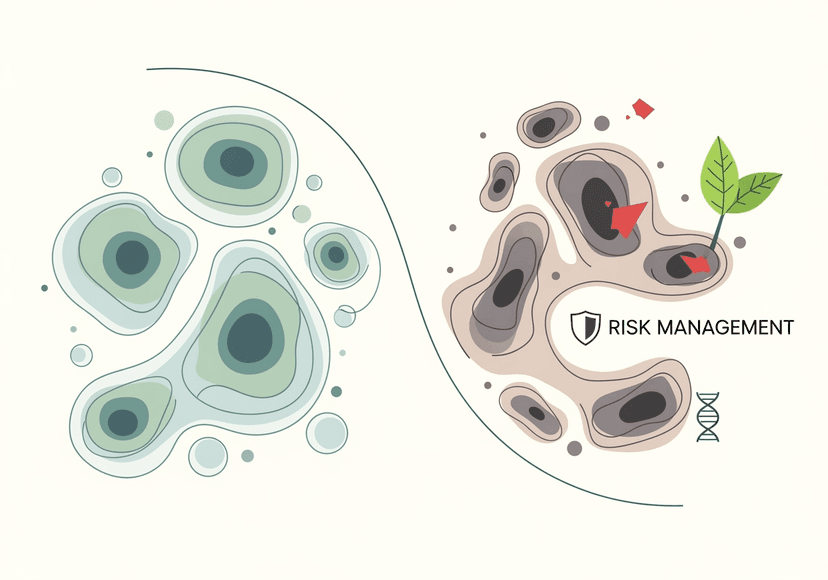
Immunotherapy for Cancer: What You Need to Know
08 Oct, 2024
 Healthtrip
HealthtripAs the second leading cause of death globally, cancer affects millions of people worldwide, with the World Health Organization estimating that one in six people will develop cancer in their lifetime. While traditional cancer treatments like chemotherapy, radiation, and surgery have been the norm, immunotherapy has emerged as a game-changer in the fight against this devastating disease. Immunotherapy, which harnesses the power of the body's immune system to combat cancer, has shown promising results in treating various types of cancer, offering new hope to patients and their families.
What is Immunotherapy?
Immunotherapy, also known as biologic therapy, is a type of cancer treatment that uses the body's immune system to fight cancer. It works by either stimulating the immune system to attack cancer cells or by using laboratory-produced immune cells to do so. This approach is distinct from traditional cancer treatments, which often focus on killing cancer cells directly. Immunotherapy can be used to treat various types of cancer, including melanoma, lung cancer, kidney cancer, and lymphoma, among others.
Most popular procedures in India
Types of Immunotherapy
There are several types of immunotherapy, each with its own unique mechanism of action. Some of the most common types include:
Checkpoint Inhibitors
Checkpoint inhibitors are a class of immunotherapy drugs that work by blocking specific proteins on cancer cells that prevent the immune system from attacking them. By blocking these proteins, checkpoint inhibitors allow the immune system to recognize and attack cancer cells more effectively. Examples of checkpoint inhibitors include pembrolizumab and nivolumab.
Wellness Treatments
Give yourself the time to relax
Lowest Prices Guaranteed!

Lowest Prices Guaranteed!
Cancer Vaccines
Cancer vaccines are designed to stimulate the immune system to attack cancer cells. They can be used to treat existing cancer or to prevent cancer from developing in the first place. There are two main types of cancer vaccines: preventive vaccines, which aim to prevent cancer from developing, and therapeutic vaccines, which target existing cancer.
Adoptive T-Cell Therapy
Adoptive T-cell therapy involves removing immune cells called T cells from a patient's blood, genetically modifying them to recognize and attack cancer cells, and then reinfusing them into the patient. This type of immunotherapy has shown promising results in treating certain types of blood cancer.
How Does Immunotherapy Work?
Immunotherapy works by harnessing the power of the immune system to fight cancer. Here's how it works:
Step 1: Recognition
The immune system recognizes cancer cells as foreign and produces immune cells called T cells to attack them.
Step 2: Activation
Immunotherapy stimulates the immune system to produce more T cells, which then attack cancer cells.
Step 3: Attack
T cells recognize and attack cancer cells, destroying them and preventing them from growing and spreading.
Benefits of Immunotherapy
Immunotherapy has several benefits over traditional cancer treatments, including:
Long-Term Survival
Immunotherapy has been shown to improve long-term survival rates for certain types of cancer, with some patients experiencing complete remission.
Fewer Side Effects
Immunotherapy tends to have fewer side effects compared to traditional cancer treatments, as it targets cancer cells specifically, reducing harm to healthy cells.
Personalized Treatment
Immunotherapy can be tailored to individual patients, taking into account their unique genetic profile and cancer type.
Challenges and Limitations
While immunotherapy has shown promising results, it's not without its challenges and limitations:
Cost
Immunotherapy can be expensive, making it inaccessible to many patients who need it.
Limited Availability
Immunotherapy is not yet widely available, and access to these treatments can be limited in certain regions.
Side Effects
While immunotherapy tends to have fewer side effects than traditional cancer treatments, it's not without its risks, including autoimmune disorders and inflammatory reactions.
As researchers and scientists continue to advance our understanding of immunotherapy, it's clear that this treatment approach has the potential to revolutionize the way we treat cancer. With its ability to harness the power of the immune system, immunotherapy offers new hope to patients and their families, and it's an area of research that holds immense promise for the future of cancer treatment.
Related Blogs

Complete Cost Breakdown of Cancer Treatment with Healthtrip
Learn about doctors, hospitals, procedures, and recovery for cancer treatment

How to Prepare for Your Cancer Treatment in India
Learn about doctors, hospitals, procedures, and recovery for cancer treatment

Side Effects and Risk Management of Cancer Treatment
Learn about doctors, hospitals, procedures, and recovery for cancer treatment

Follow-Up Care for Cancer Treatment Patients with Healthtrip Assistance
Learn about doctors, hospitals, procedures, and recovery for cancer treatment

Best Hospital Infrastructure for Cancer Treatment
Learn about doctors, hospitals, procedures, and recovery for cancer treatment

What to Expect During a Cancer Treatment Consultation
Learn about doctors, hospitals, procedures, and recovery for cancer treatment










